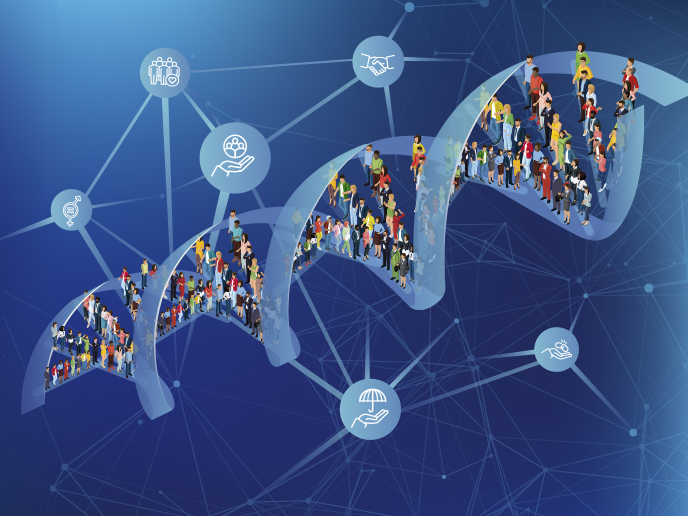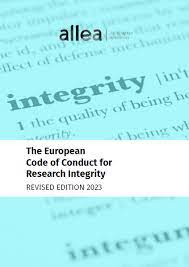Fostering responsible open science in Europe
We have developed and openly shared practical tools that ensure research ethics and research integrity in open science and citizen science
We have developed and openly shared practical tools that ensure research ethics and research integrity in open science and citizen science
ROSiE guidelines is the Open Science (OS) complement to the ECoC. It is an aspirational document that aims to provide guidance on how to conduct Open Science (OS) responsibly in everyday research practice, following established ethical and integrity principles and values. The articles of these guidelines primarily apply to research but may also be suitable to processes leading to innovation.
Equip you research with practical tools and guidance necessary to navigate the complexity of Open Science (OS). The document focuses on guidelines in the discipline of Health and Life Sciences, Humanities, Natural Sciences, and Social Sciences.

We are happy to announce that ROSiE has been included in a comprehensive...
June 10, 2024

The ROSiE project had a fantastic presence at WCRI 2024 in Athens with...
June 10, 2024

We are thrilled to announce that ALLEA – The European Federation of Academies...
May 10, 2024

The ROSiE Discipline-related Guidelines have been developed based on the project’s previous research...
March 10, 2024
The movement to make scientific research (including publications, data, physical samples, and software) and its dissemination accessible to all levels of an inquiring society.
Scientific research conducted, in whole or in part, by non-professional scientists.
Scientific research and technological development processes that take into account effects and potential impacts on the environment and society Research Ethics: concerned with the moral issues that arise during or as a result of research activities, as well as the ethical conduct of researchers.
Refers to Reliability, Honesty, Respect and Accountability. The authors of the influential Singapore Statement on Research Integrity proposed fundamental principles relating to Honesty, Accountability, professional courtesy and fairness, and Good stewardship of research.
A consultation and stakeholder engagement through workshops and discussions with the Stakeholder Forum; creating and facilitating a community of practice to gather knowledge on Research Ethics and Research Integrity in Open Science from other European projects.
ROSiE partners will reach out the research community and policy-makers, in order to co-create with them novel practices in the design, the preparation, the making, the valorization and the evaluation of science.
Citizen Science | Open Science organizations | networks | Individual researchers | Members of Research Ethics Committees and Research Integrity Offices | Research Performing Organizations (Universities, Research Centers/Institutes) | Editors of Scientific Journals | Research managers | National Academies | Research funding organizations | Science educators | Research Policy makers and Policy makers | Legal experts | Media and Science journalists | Associations and industries | Civil society organizations / NGOs | General public.